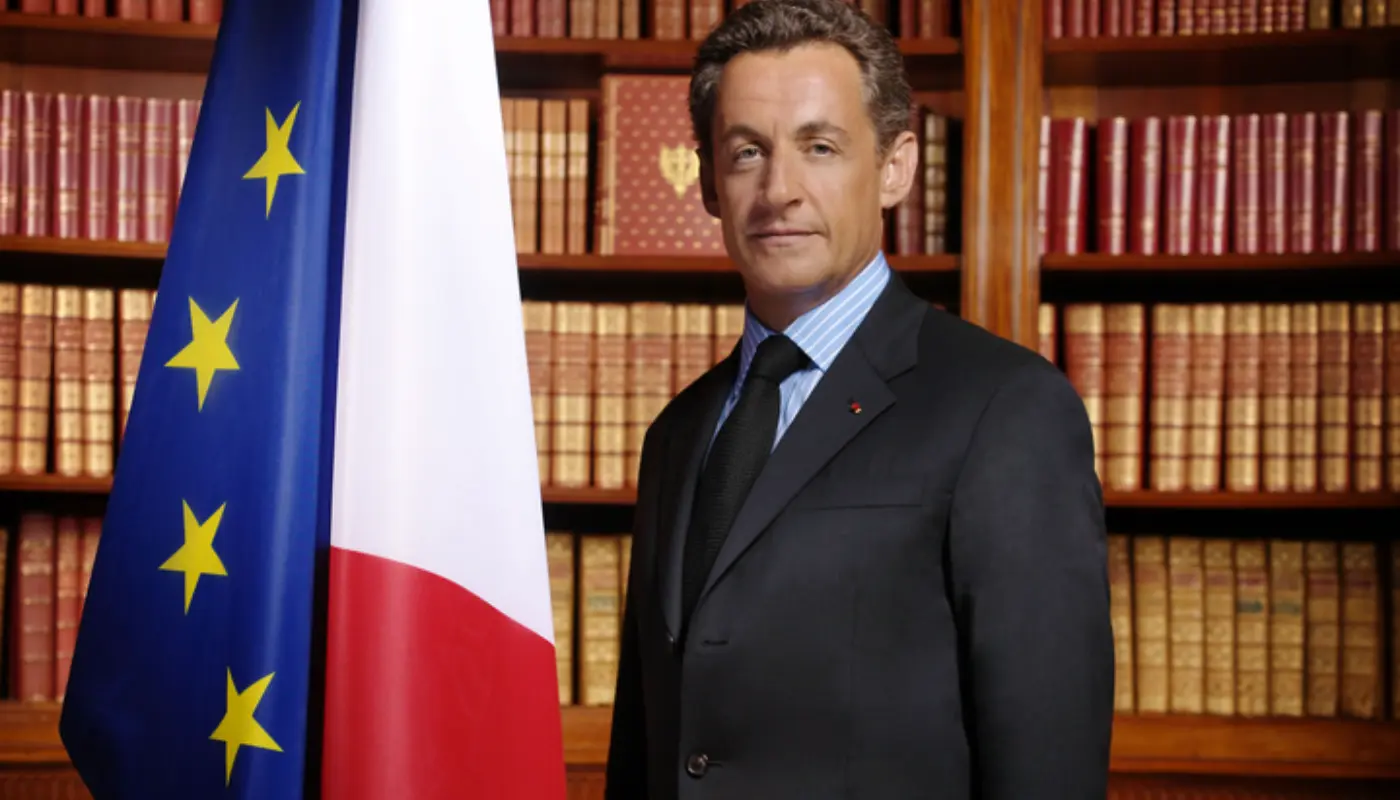Former French President Nicolas Sarkozy entered prison on Tuesday, 21 October 2025, to begin serving a five-year sentence following his conviction for criminal conspiracy over alleged illicit financing of his 2007 presidential campaign. He is being held at the renowned La Santé Prison in Paris, making him the first former leader of modern France to be incarcerated.
The conviction stems from a landmark ruling on 25 September 2025, when a Paris court found that Sarkozy conspired with aides to secure funds from Libya, under the rule of the late leader Muammar Gaddafi, in support of his successful 2007 presidential bid. Though the court did not find evidence that he personally used those funds, the conspiracy charge alone led to the prison term, a €100,000 fine and a five-year ban from public office.
As the 70-year-old former president left his Paris residence hand in hand with his wife, Carla Bruni‑Sarkozy, supporters gathered outside, chanting his name and singing the French national anthem. Some held banners reading “Courage Nicolas, come back soon”.
Sarkozy entered La Santé under solitary-confinement conditions, reportedly for security reasons. His legal team immediately filed for provisional release, arguing the decision to jail him before his appeal is unprecedented and undermines the assumption of innocence.
In a message posted on his social-media platform, Sarkozy declared: “I want to tell (French people), with the unshakable strength that is mine, that it is not a former president of the Republic who is being imprisoned this morning – it is an innocent man.” His lawyer described the incarceration as “a disgrace”.
The implications of this unprecedented development extend beyond the individual case. For France, it raises questions about accountability at the highest political level and the independence of the judiciary. Some in political circles view the decision to detain a former head of state before the conclusion of appeals as a sign of a new era in French public-life scrutiny.
Critical reaction has also been swift. Whilst a majority of French citizens reportedly view the ruling as justified, concerns have been raised about the precedent set and the risk of politicising judicial outcomes. On the other side, Sarkozy’s supporters accuse the legal system of executing a politically motivated decision, pointing to the speed of his incarceration.
The Libyan-funding allegations date back more than a decade. They were first publicly aired after Libya’s intervention-era collapse in 2011, implicating large cash transfers to Sarkozy’s 2007 campaign. The inquiry culminated in this conviction after years of complex investigation, multiple trials, and overlapping charges against Sarkozy and close associates.
From a broader perspective, the case casts a spotlight on how international money, campaign finance laws and political corruption intersect globally. The decision to begin serving a sentence before appeal in such a prominent case underscores evolving norms in France and perhaps beyond around political accountability.
In the coming weeks, attention will focus on how Sarkozy adapts to prison life, what legal strategy his team pursues, and how his incarceration influences political dynamics both within his former party and in the wider French conservative movement. Whether his appeal will succeed remains uncertain, but for now a former French president has begun a jail term in a case that will resonate in political-ethics discourse around Europe.
Sources: Reuters, Associated Press, The Guardian









